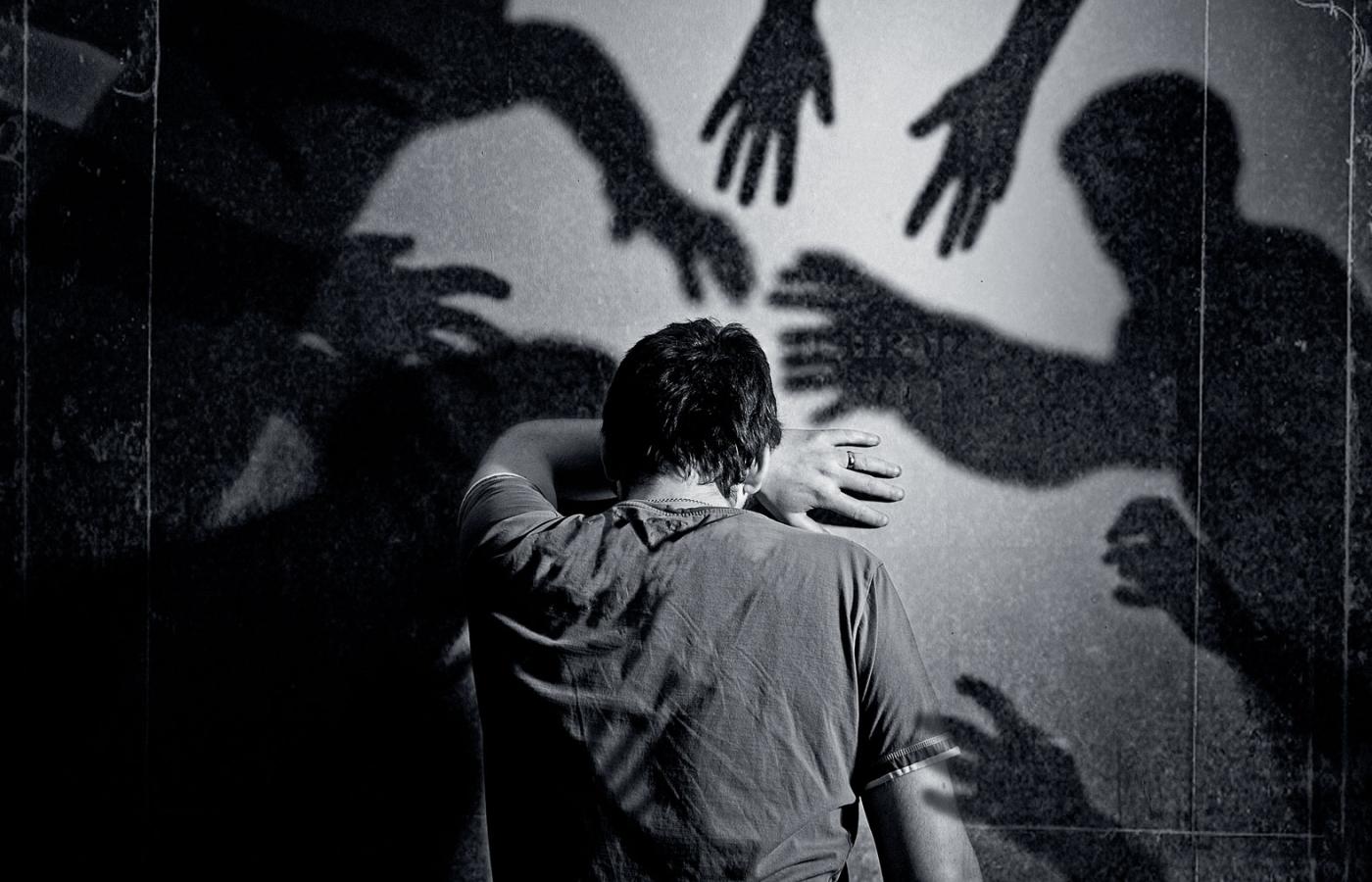Paraphrenia
Paraphrenia is also known as hallucinosis. This is a kind of paranoia with all sorts of hallucinations. It usually appears either around the age of 20 or in people over 40. However, the greatest incidence was found in the elderly. It's a chronic disorder that requires constant monitoring and pharmacological treatment. This mental illness is characterized by visions that are not reflected in reality. Today, it isn't classified as a separate disease, but as a complex of paraphrenic symptoms that appear in old age. Paraphrenia is more common in women, but it is much less common than other mental disorders characterized by hallucinations.
A person with paraphrenia very often feels that he is constantly being watched and followed, and therefore feels constant anxiety and fear for his own life. There is also a characteristic feeling that people who surf on TV or express themselves on the Internet talk directly to that person, looking at them and addressing their words specifically to them. This again causes irrational anxiety and increases paranoia. Hallucinations can be much more intense than those that appear in the course of schizophrenia and can also be sensual. I mean taste and smell hallucinations. In addition, the patient may be oversensitive to sounds from the environment and, for example, be convinced that a neighbor who renovates something behind the wall may make noise in order to upset the patient.
The causes of paraphrenia are not fully known. There is a theory about the inheritance of specific conditions that can increase the risk of symptoms in other family members. The cause of paraphrenia can also be traumatic childhood events. Statistics show that people with paraphrenia were raised in environments where there was consent to rape, molestation and incest, although these are not the only factors increasing the risk of the disease. The cause of paraphrenia may also be the abuse of psychoactive and addictive substances such as alcohol and drugs. In the elderly, paraphrenic syndrome can be the result of loneliness, daily routine, and a sense of social withdrawal.
https://www.sciencedirect.com/topics/medicine-and-dentistry/paraphrenia
https://www.madeofmillions.com/conditions/paraphrenia



I can't read it once I opened the whole text - it's black on black. Please change something!
OdpowiedzUsuń